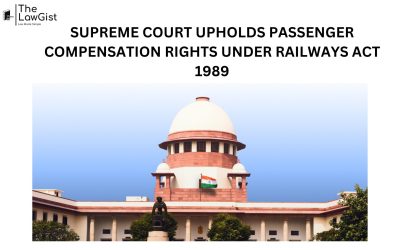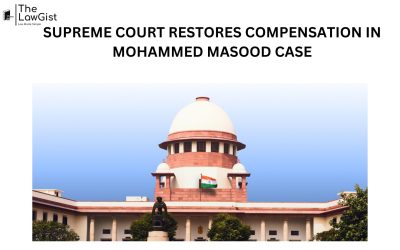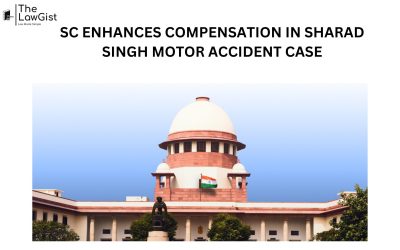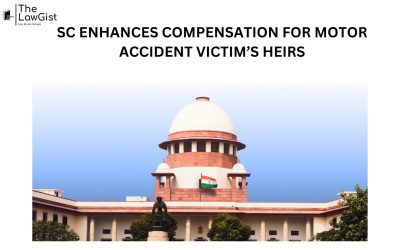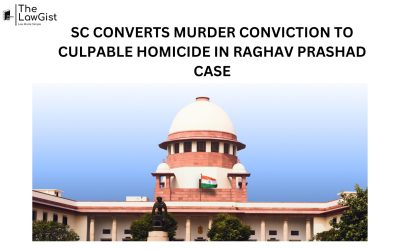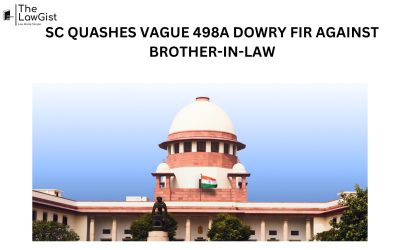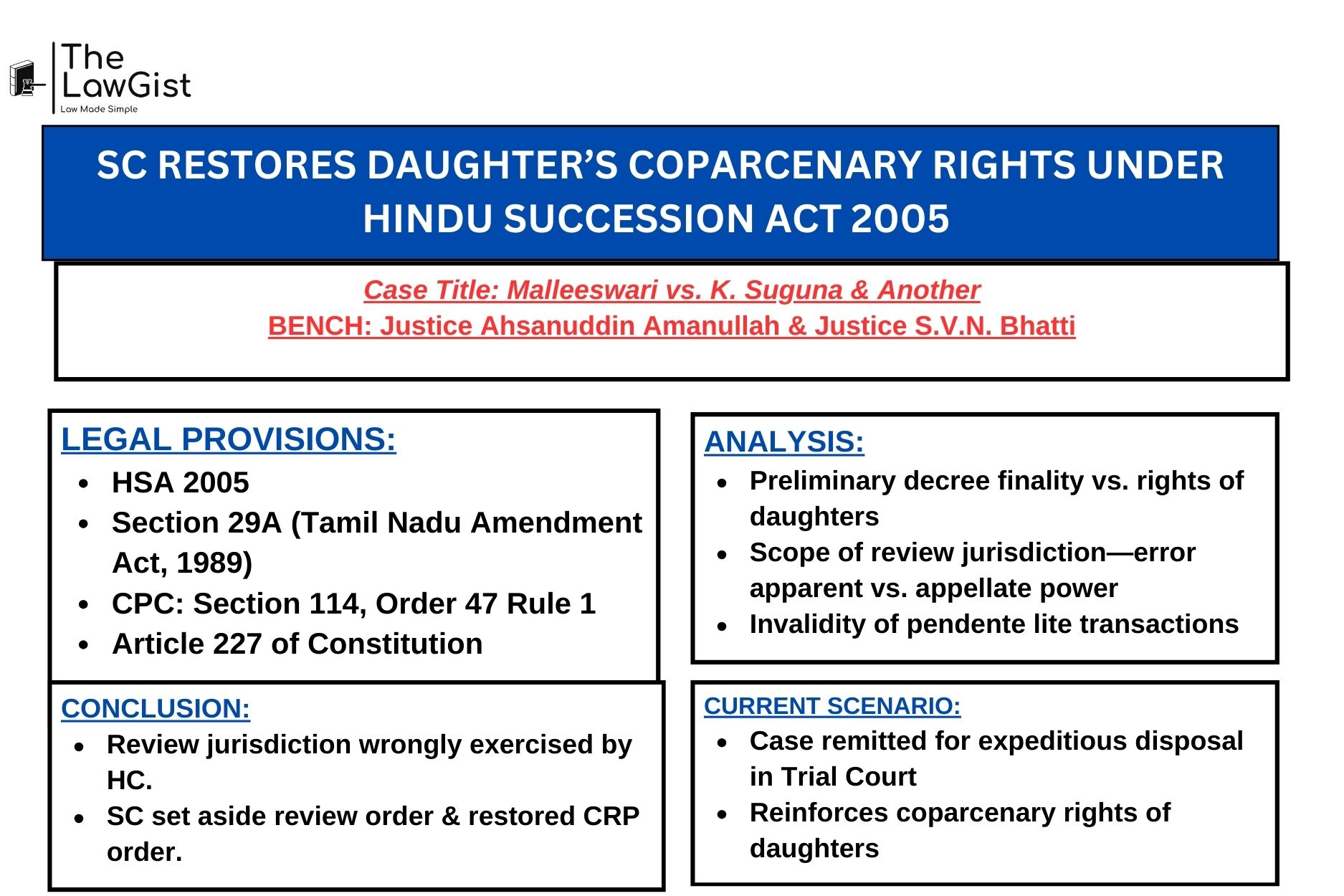
Supreme Court ruling restores daughter’s coparcenary rights and limits review jurisdiction in partition case.
SC RESTORES DAUGHTER’S COPARCENARY RIGHTS UNDER HINDU SUCCESSION ACT 2005
CASE SUMMARY – The Supreme Court in Malleeswari vs. K. Suguna & Another examined whether a daughter could claim coparcenary rights under the Hindu Succession (Amendment) Act, 2005 in a partition suit where a preliminary decree was passed earlier. The appellant sought amendment of the decree to include her share, which lower courts rejected. While the High Court initially allowed her claim, it later reversed via review. The Supreme Court held that the High Court exceeded its review jurisdiction, which is confined to correcting errors apparent on record. It restored the appellant’s rights and directed expedited disposal of pending proceedings.
| ASPECTS | DETAILS |
| Case Title | Malleeswari vs. K. Suguna & Another (Civil Appeal No. of 2025; @ SLP (C) No. 12787 of 2025) |
| Introduction | The case revolves around partition of ancestral property, applicability of Hindu Succession (Amendment) Act, 2005, and the scope of review jurisdiction under CPC. |
| Factual Background | Subramani (husband of 2nd respondent) filed suit for partition against his father. Preliminary decree passed in 2003 without impleading daughter Malleeswari. Later, father executed sale and settlement deeds. Malleeswari sought amendment under HSA 2005 to claim coparcenary rights. |
| Legal Issues |
|
| Applicable Law |
|
| Analysis | The Trial Court rejected amendment citing limitation, estoppel, and non-retroactivity of HSA 2005. High Court initially allowed revision but later allowed review, remanding matter. SC held that review power was exceeded, as review jurisdiction is limited to correcting errors apparent on record, not rehearing. |
| Conclusion | The SC restored the earlier HC order (23.09.2022), allowed civil appeal, and directed Trial Court to dispose pending applications within 3 months. |
| Current Scenario | As of Sept 8, 2025, the SC clarified scope of review jurisdiction, reaffirmed daughters’ coparcenary rights under HSA 2005, and directed expeditious disposal by Trial Court. |
“Review jurisdiction cannot be exercised as appellate power; its scope is limited to correcting errors apparent on record.”
SOURCE – SUPREME COURT OF INDIA
READ ALSO – Hindu Succession (Amendment) Act, 2005
Discover powerful Latin Maxims and Legal Glossary and simplify complex legal terms in seconds.The LawGist ensures exam success with quality Blogs and Articles — Top Legal Picks (TLP), Current Affairs, Recent Supreme Court Judgments, and Step into the world of justice with Courtroom Chronicles. Backed by trusted resources and videos, The LawGist is every Professionals and Aspirant’s first choice. Discover more at thelawgist.org.


